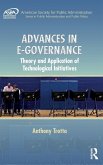
Gebundenes Buch
Theory and Application of Technological Initiatives
30. Juni 2017
Taylor & Francis
| eBook, ePUB | 65,95 € | |
| eBook, PDF | 65,95 € |
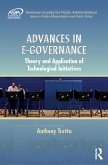
Broschiertes Buch
31. Oktober 2023
Routledge / Taylor & Francis
| Gebundenes Buch | 195,99 € | |
| eBook, ePUB | 44,95 € | |
| eBook, PDF | 44,95 € |
Ähnliche Artikel
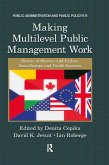
Gebundenes Buch
Stories of Success and Failure from Europe and North America
23. April 2013
Taylor & Francis
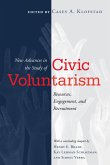
Gebundenes Buch
Resources, Engagement, and Recruitment
28. September 2016
Temple University Press
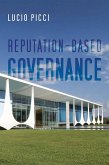

Gebundenes Buch
4. April 2023
IGI Global

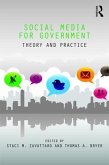
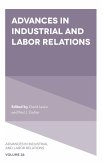

Ähnlichkeitssuche: Fact®Finder von OMIKRON
